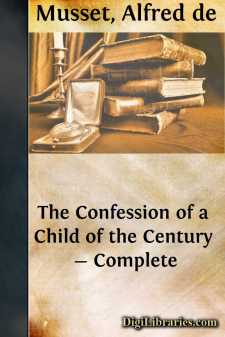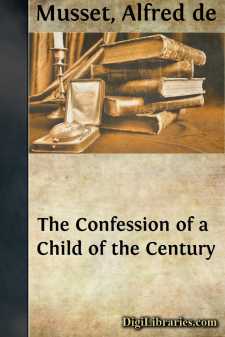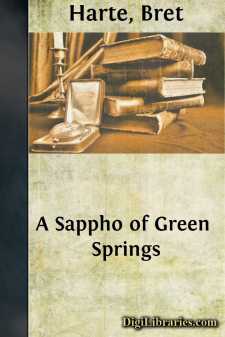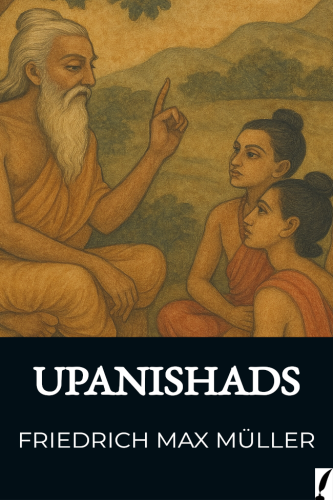Categories
- Antiques & Collectibles 13
- Architecture 36
- Art 48
- Bibles 22
- Biography & Autobiography 813
- Body, Mind & Spirit 142
- Business & Economics 28
- Children's Books 17
- Children's Fiction 14
- Computers 4
- Cooking 94
- Crafts & Hobbies 4
- Drama 346
- Education 46
- Family & Relationships 57
- Fiction 11829
- Games 19
- Gardening 17
- Health & Fitness 34
- History 1377
- House & Home 1
- Humor 147
- Juvenile Fiction 1873
- Juvenile Nonfiction 202
- Language Arts & Disciplines 88
- Law 16
- Literary Collections 686
- Literary Criticism 179
- Mathematics 13
- Medical 41
- Music 40
- Nature 179
- Non-Classifiable 1768
- Performing Arts 7
- Periodicals 1453
- Philosophy 64
- Photography 2
- Poetry 896
- Political Science 203
- Psychology 42
- Reference 154
- Religion 513
- Science 126
- Self-Help 84
- Social Science 81
- Sports & Recreation 34
- Study Aids 3
- Technology & Engineering 59
- Transportation 23
- Travel 463
- True Crime 29
The Confession of a Child of the Century - Complete
by: Alfred de Musset
Categories:
Description:
Excerpt
ALFRED DE MUSSET
A poet has no right to play fast and loose with his genius. It does not belong to him, it belongs to the Almighty; it belongs to the world and to a coming generation. At thirty De Musset was already an old man, seeking in artificial stimuli the youth that would not spring again. Coming from a literary family the zeal of his house had eaten him up; his passion had burned itself out and his heart with it. He had done his work; it mattered little to him or to literature whether the curtain fell on his life's drama in 1841 or in 1857.
Alfred de Musset, by virtue of his genial, ironical temperament, eminently clear brain, and undying achievements, belongs to the great poets of the ages. We to-day do not approve the timbre of his epoch: that impertinent, somewhat irritant mask, that redundant rhetoric, that occasional disdain for the metre. Yet he remains the greatest poete de l'amour, the most spontaneous, the most sincere, the most emotional singer of the tender passion that modern times has produced.
Born of noble parentage on December 11, 1810—his full name being Louis Charles Alfred de Musset—the son of De Musset-Pathai, he received his education at the College Henri IV, where, among others, the Duke of Orleans was his schoolmate. When only eighteen he was introduced into the Romantic 'cenacle' at Nodier's. His first work, 'Les Contes d'Espagne et d'Italie' (1829), shows reckless daring in the choice of subjects quite in the spirit of Le Sage, with a dash of the dandified impertinence that mocked the foibles of the old Romanticists. However, he presently abandoned this style for the more subjective strain of 'Les Voeux Steyiles, Octave, Les Secretes Pensees de Rafael, Namouna, and Rolla', the last two being very eloquent at times, though immature. Rolla (1833) is one of the strongest and most depressing of his works; the sceptic regrets the faith he has lost the power to regain, and realizes in lurid flashes the desolate emptiness of his own heart. At this period the crisis of his life was reached. He accompanied George Sand to Italy, a rupture between them occurred, and De Musset returned to Paris alone in 1834.
More subdued sadness is found in 'Les Nuits' (1832-1837), and in 'Espoir en Dieu' (1838), etc., and his 'Lettre a Lamartine' belongs to the most beautiful pages of French literature. But henceforth his production grows more sparing and in form less romantic, although 'Le Rhin Allemand', for example, shows that at times he can still gather up all his powers. The poet becomes lazy and morose, his will is sapped by a wild and reckless life, and one is more than once tempted to wish that his lyre had ceased to sing.
De Musset's prose is more abundant than his lyrics or his dramas. It is of immense value, and owes its chief significance to the clearness with which it exhibits the progress of his ethical disintegration. In 'Emmeline (1837) we have a rather dangerous juggling with the psychology of love. Then follows a study of simultaneous love, 'Les Deux Mattresses' (1838), quite in the spirit of Jean Paul....













